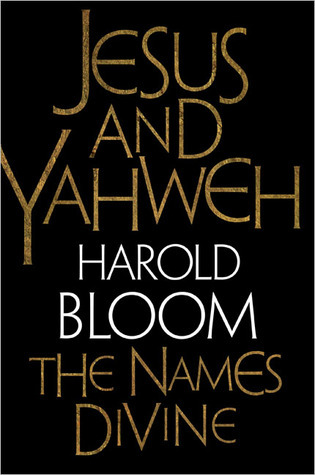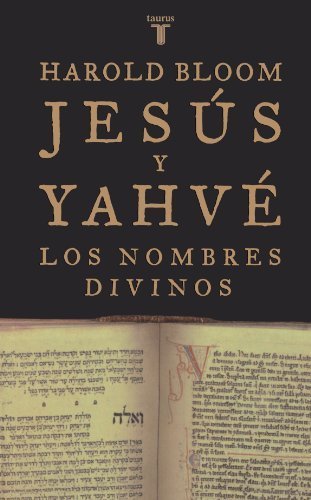What do you think?
Rate this book


256 pages, Hardcover
First published January 1, 2005
"Paul is the incarnation of a type which is the reverse of that of the Saviour: he is the genius in hatred, in the standpoint of hatred, and in the relentless logic of hatred...What he wanted was power: with St. Paul the priest again aspired to power."

